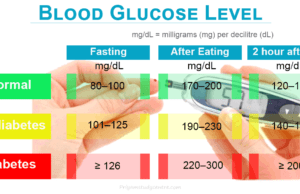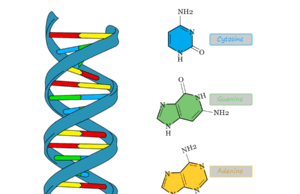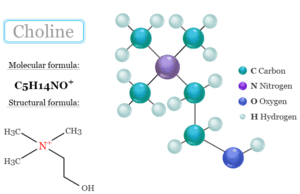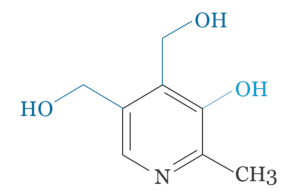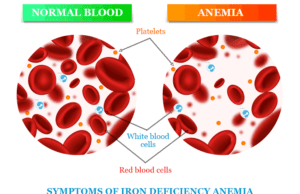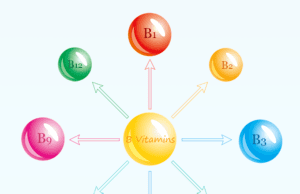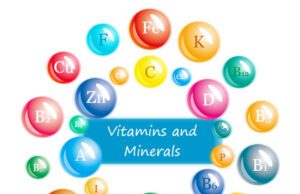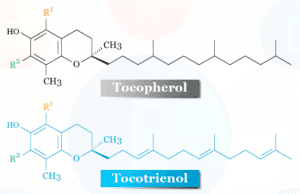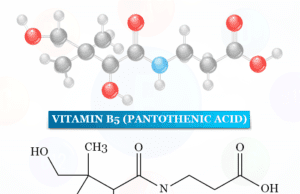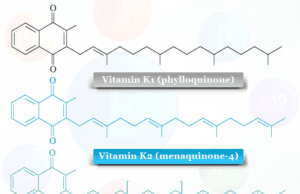Glucose Molecule
Glucose Molecular Formula
Glucose is the simplest type of carbohydrate or sugar molecule that has the molecular formula C6H12O6. It is an odourless and sweet...
Deoxyribonucleic Acid
Definition for Deoxyribonucleic Acid
Deoxyribonucleic acid (DNA) is the polymer of deoxyribonucleotides which is found in most animals, plants, and some viruses. Deoxyribonucleic acid carries...
Choline
Choline Supplement Benefits
Choline is a quaternary ammonium cation that is naturally available in many foods and dietary supplements. The benefits of a dietary choline...
Pyridoxine
Vitamin B6 Pyridoxine Benefits
Pyridoxine is a form of vitamin B6 found in various foods and uses as a dietary supplement to metabolize amino acids,...
Iron Deficiency Anemia
What is Iron Deficiency Anemia?
Iron deficiency anemia is the most common type of nutritional disorder that occurs when your body doesn’t have an adequate...
B Vitamins
What are B Vitamins?
B vitamins are a list of water-soluble vitamins that mainly help the body convert food into energy and synthesis hemoglobin. B...
Vitamins and Minerals
Essential Vitamins and Minerals
Vitamins and minerals are lists of essential micronutrients that use our body to carry out a range of normal biological functions....
Vitamin E
What is Vitamin E?
Vitamin E is a fat-soluble vitamin and a powerful antioxidant that is beneficial for immune health and cellular signaling in your...
Vitamin B5
Vitamin B5 (Pantothenic Acid)
Vitamin B5 (Pantothenic Acid) is a water-soluble B vitamin present naturally in various foods and available as a supplement. In general,...
Vitamin K
What is Vitamin K?
Vitamin K is a fat-soluble vitamin that helps to make various proteins that are needed for blood clotting and the binding...

